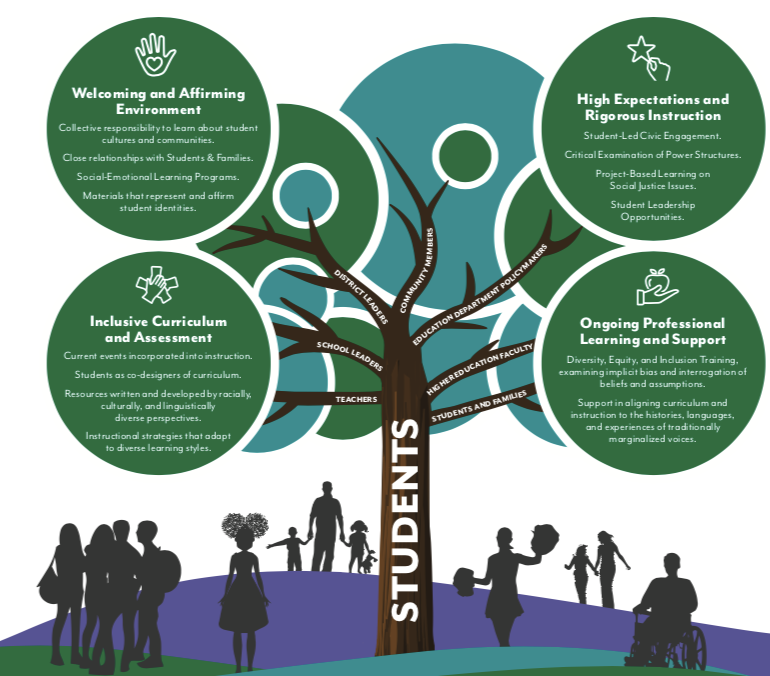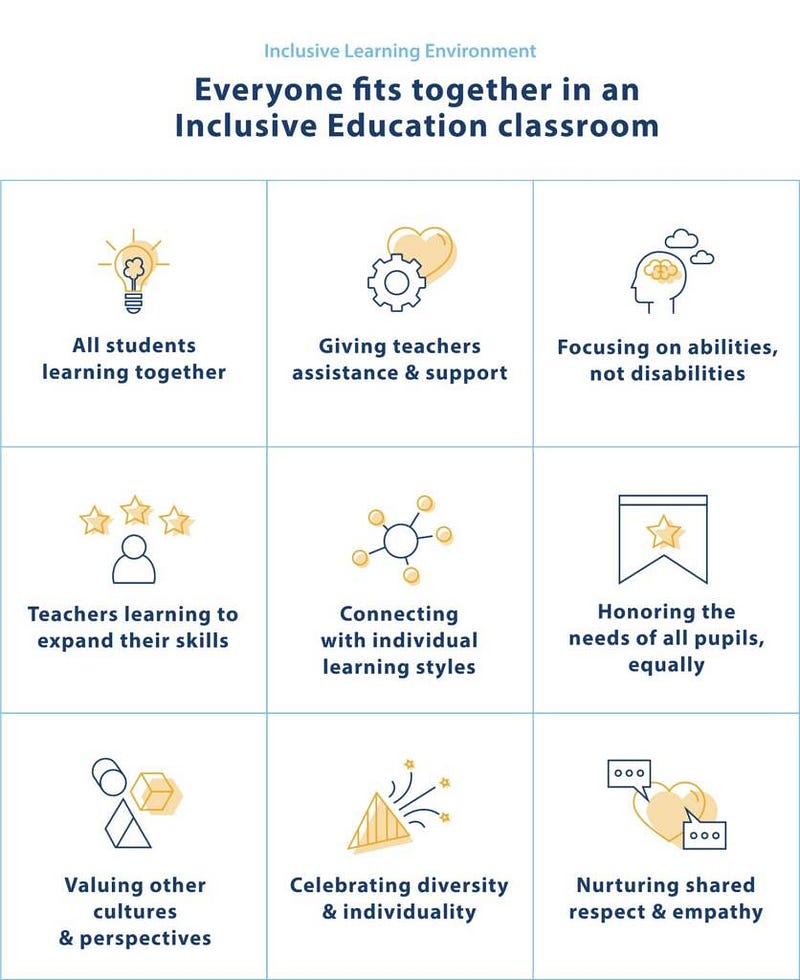Culturally Relevant Campus Organizations Retain Black and Latina/o Students…not Free Pizza
by Rebeca Bonilla and Dr. Benjamin M. Drury

College campuses pride themselves on fostering inclusive environments through various student integration initiatives. Yet, do these organizations truly enhance student retention and overall campus experience, particularly for Black students who often find themselves in the minority?
We must unpack the intersectionality of the Black student experience and the influence of campus clubs on academic success to fully comprehend how the lived experience of being Black on and off campus shapes educational and life outcomes.
Black students encounter numerous stereotypes and microaggressions that significantly influence their decision to remain enrolled in college. In response, campus clubs offer a supportive community where these students can find a sense of belonging.
Social networks developed in what is known as “counter spaces” — places on campus specifically to celebrate an identity…in this case, Black student identity — can have a powerful effect on Black student persistence and retention.
College campuses are renowned for their commitment to inclusivity and diverse social support systems to foster a sense of community among students. This is especially pertinent for minority students, such as Black undergraduates, who often find themselves underrepresented within academic institutions.
Despite efforts to promote social support on campuses, the question remains: does this support positively impact the academic success of Black students?
Black people have been forced to reconcile their cultural identity with societal expectations is deeply rooted in the historical context of racism and discrimination in the United States. Since the abolition of slavery, newly created Black Americans have been navigating a complex terrain of identity, striving to maintain their cultural heritage while assimilating into a predominantly white society.
Struggling through the search for identity is exacerbated by systemic barriers and stereotypes that continue to shape societal expectations of Black individuals. In this context, finding support within social networks becomes vital for Black students, particularly when considering higher education.

Social networks provide a sense of belonging and understanding often lacking in mainstream society. By connecting with peers with similar experiences and cultural backgrounds, Black students can find the validation and encouragement needed to pursue their educational goals.
Today, Black college students often find strength and satisfaction in communities that share their background and identity. These communities serve as a source of empowerment and resilience, helping students navigate the challenges they face on campus.
Research has shown that these supportive networks significantly impact students’ decision to stay enrolled and contribute to higher retention rates among Black students.
It remains important to note that simply enrolling more Black students is not enough to ensure the formation of these communities. Colleges and universities must actively foster an environment that is inclusive and supportive of Black students’ cultural identities. Including, but not limited to, recognizing, and celebrating important aspects of Black culture beyond superficial elements like music and fashion.
To achieve this, institutions need to integrate Black identity fully into the social fabric of campus.
Bring Black scholars to campus events, allowing students to engage with intellectuals who share their backgrounds and experiences.
Creating spaces where Black students can set their own rules for entry fosters a sense of ownership and belonging.
Offering workshops on decolonizing the curriculum helps faculty and staff understand the importance of diverse educational perspectives.
Colleges and universities must also avoid imposing racialized norms that may hinder Black students’ acceptance and advancement within the social hierarchy. This includes challenging stereotypes and biases that perpetuate harmful narratives about Black individuals.
Supporting Black students in higher education requires a holistic approach that recognizes and respects their cultural identities. By creating inclusive environments and fostering supportive networks, colleges and universities can help Black students thrive academically and personally.

Creating such inclusive environments is becoming increasingly difficult in a higher education system mired by rising voices opposing diversity, equity, and inclusion officers on their campuses. As such, they are increasingly important for the success of Black students.





